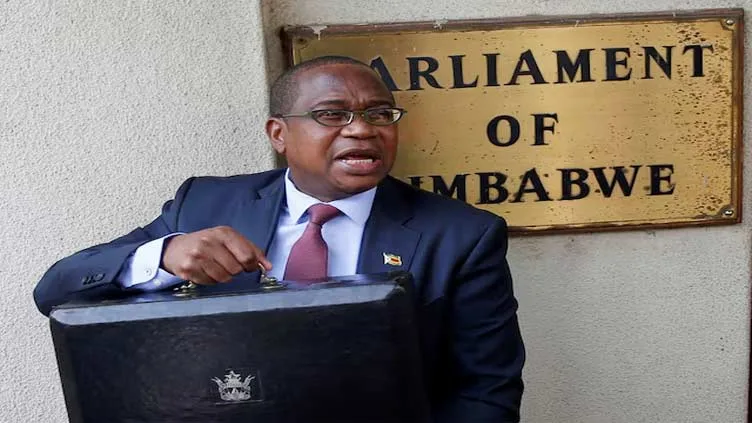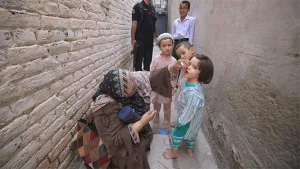Zimbabwe has raised concerns about the potential impact of a U.S. withdrawal from the World Health Organization (WHO), particularly on the country’s crucial HIV/AIDS programs. Officials warn that the move could jeopardize significant progress made in the fight against the epidemic, as much of the funding and technical support for these programs comes through the WHO.
U.S. Support Is Vital for Zimbabwe’s HIV/AIDS Efforts
Zimbabwe is among the countries with a high prevalence of HIV/AIDS, but it has made substantial strides in reducing infection rates and improving access to treatment. This progress has been largely supported by international funding, with the U.S. playing a key role through organizations such as the WHO and the President’s Emergency Plan for AIDS Relief (PEPFAR).
A U.S. withdrawal from the WHO could disrupt these funding channels, potentially causing delays in treatment distribution, reduced access to antiretroviral drugs, and a scaling back of prevention campaigns.
Health Experts Sound the Alarm
Speaking on the issue, Zimbabwean health officials emphasized that a withdrawal would not only affect funding but also cut off access to critical technical expertise, research data, and global health collaborations coordinated by the WHO.
“Without the support facilitated by the WHO, our HIV/AIDS programs would face serious challenges. We are deeply concerned about how this will impact the health of millions of people,” a senior health official said.
HIV/AIDS Statistics in Zimbabwe
- Zimbabwe has one of the highest HIV/AIDS prevalence rates in sub-Saharan Africa, with approximately 1.3 million people living with HIV.
- Over 90% of those diagnosed with HIV are on life-saving antiretroviral therapy, thanks to international support.
- Prevention programs, including widespread distribution of HIV testing kits and education campaigns, have played a key role in reducing new infections.
Potential Regional Impact
The repercussions of a U.S. withdrawal from the WHO could extend beyond Zimbabwe, affecting neighboring countries in Southern Africa that also rely on international aid to manage their HIV/AIDS programs. Experts caution that any funding gaps could reverse years of progress in combating the epidemic across the region.
Global Reactions and Calls for Stability
International health organizations and advocacy groups have expressed concern over the potential withdrawal. They stress the importance of continued U.S. involvement in global health initiatives, highlighting the interconnectedness of public health issues in a globalized world.
In Zimbabwe, activists and healthcare workers are calling on the government and regional bodies like the African Union to advocate for sustained support for health programs, regardless of geopolitical shifts.
What’s Next?
As discussions about the U.S. role in the WHO continue, Zimbabwe’s health officials and international partners are bracing for potential disruptions. The government has reiterated its commitment to maintaining HIV/AIDS programs but acknowledges that external funding and technical support remain critical.
#ZimbabweHealth #HIVAIDS #GlobalHealth #USWHOWithdrawal #EndAIDS #HIVPrograms #HealthFunding




+ There are no comments
Add yours